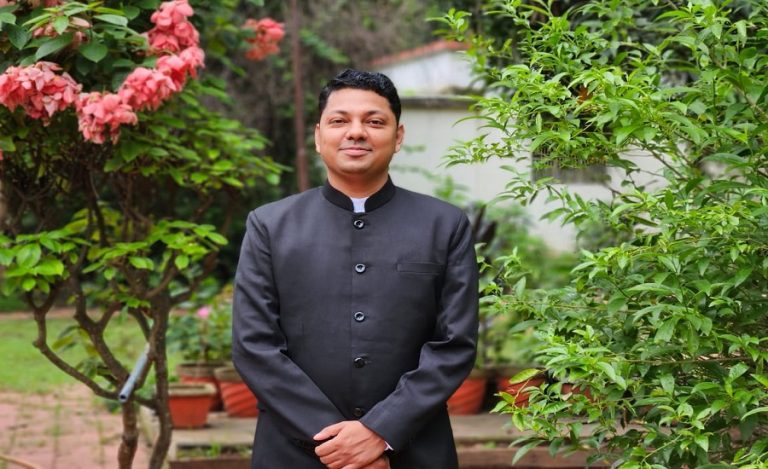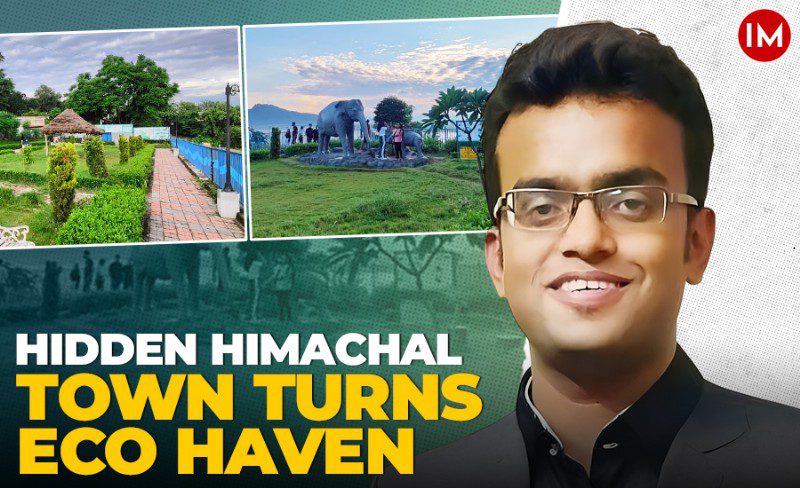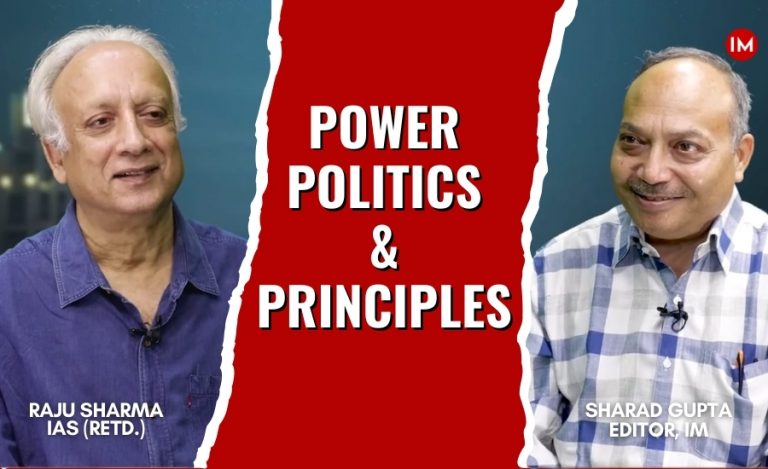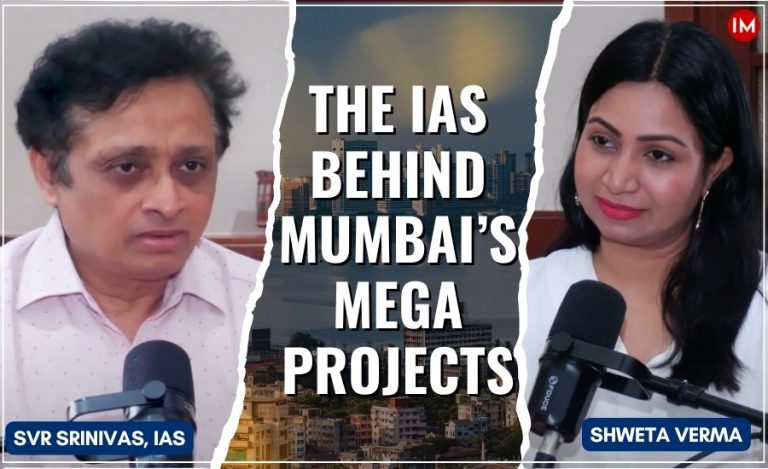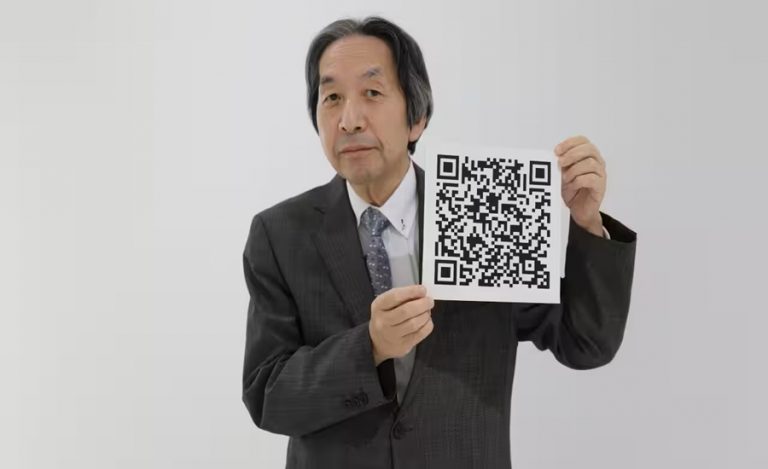Reflections on the Restless Digital Age
We all live differently, in different worlds, directed by our conscious or intuitive view of the world, our circumstances, and what we want. Some find life exciting; for others, it is a litany of woes. Some feel in control of what happens; others suffer as hapless victims. Times are also changing: today, we are living in a strange, paradoxical world. On one hand, humanity has more power, knowledge, and tools than ever before. On the other hand, the new digital world makes many of us behave more passively, more distractedly, and more recklessly – almost as if tomorrow does not matter, or someone else will take care of it for us.
Why is it that in this era of unprecedented possibilities, many of us seem to spend our time in mindless pleasures of the moment, often lost in the digital world: scrolling without thinking, consuming without pause, arguing without listening, looking for speed and instant gratification, and not willing to read the signs of times to come; in brief, living like there is no tomorrow?
Denial: The Easier Option
Why is this happening? Because speed has replaced meaning, information has replaced wisdom, and instant gratification has replaced long-term purpose. Deep inside, we carry a fear: that the future is uncertain, too complex, and too overwhelming. Climate change, AI disruption, pandemics, economic shocks, societal conflicts – when these loom large, our instinct is to shrink our focus, to behave like ostriches. “Live in the moment,” we say – but not in a mindful way. What we really mean is escape, avoid, don’t think too far, don’t feel too deep.
So we live on the surface: read the news, but don’t reflect on what it means; debate politics, but don’t act; set goals, but abandon them when they take time; get excited about AI, but ignore its risks to jobs, democracy, and even human dignity; and watch the Earth heat up, inequality grow, and society fracture – and shrug.
Denial has become easier than caring.
Emotional Fatigue
Most of us are not starving for food but starving for meaning. We have 24/7 entertainment, apps to keep us busy, and AI assistants to answer everything. We are never bored, yet never fulfilled.
We’ve lost our relationship with time. Life has become a series of short dopamine hits – notifications, reels, tweets. Long-term commitment, patience, legacy – these feel boring and outdated. Why build something in ten years when you can go viral in ten seconds? Why face a hard conversation when blocking someone is easier? Why think about the planet in 2050 when your phone battery won’t even last till 5 p.m.?
This is not laziness. This is emotional fatigue – a constant noise of small decisions and shallow choices that exhausts our will to care.
The Great Paradox
This denial is happening at the very moment when science and technology are opening up miracles. We are on the brink of defeating diseases. Longevity research may extend human life. AI may outthink us in every field. Brain-computer links, synthetic biology, and clean energy – things that once belonged to science fiction are now real.
And yet, we act like careless gamblers betting with our children’s futures: we don’t demand ethics in AI; we don’t regulate data ownership; we don’t reform education for a world of intelligent machines; we let leaders think only in terms of 5-year election cycles, instead of ushering in future-ready governance for the next 50 years.
We behave as if someone else will fix it. Or that nothing will really change. This complacency is the most dangerous addiction of our time.
The Cost of Living Like There Is No Tomorrow
When we live like this, we become reactive, not reflective. We mistake motion for progress. We confuse distraction with freedom. We glorify hustle but forget stillness, stewardship, and responsibility. We mortgage the future for comfort today – burning forests for cheap food, tolerating inequality for convenience, and handing children screens instead of values.
And the worst part? We become numb. Numb to wonder, numb to grief, numb to possibility. Living like there is no tomorrow makes today feel meaningless, too.
How Do We Break This Pattern?
It starts with slowing down, asking better questions: What kind of future are we building – by default or by design? What habits today are shaping tomorrow – for good or for harm? What do we want our generation to be remembered for?
Four simple starting points-
- Recover Meaningful Time
Value impact over hours. One hour spent creating, reflecting, mentoring, and building is worth ten spent scrolling. - Rebuild Agency
You are not powerless. Choose your technologies. Choose how you engage with news, politics, and work. Be a creator, not just a consumer. - Reimagine Legacy
Don’t just live for experiences. Live for contribution. Leave behind not just memories, but fairer systems, cleaner air, and stronger institutions. - Restore Tomorrow in Our Imagination
Think long-term again. Teach children to imagine the future. Demand future consciousness from leaders. Practice it in daily choices.
Only when we care about tomorrow can we truly live today.
Flipping the Attitude
“Living like there is no tomorrow” sounds bold, daring, and romantic. But in reality, it is the motto of a society in denial – escaping responsibility, wasting potential, and abandoning its power. It’s time to flip the phrase. Let us live like there IS a tomorrow. A tomorrow worth building. A tomorrow that begins now. A tomorrow that we create together.
Let us live every moment mindfully, purposefully, and joyfully, at the same time laying the foundation for a bright future.


